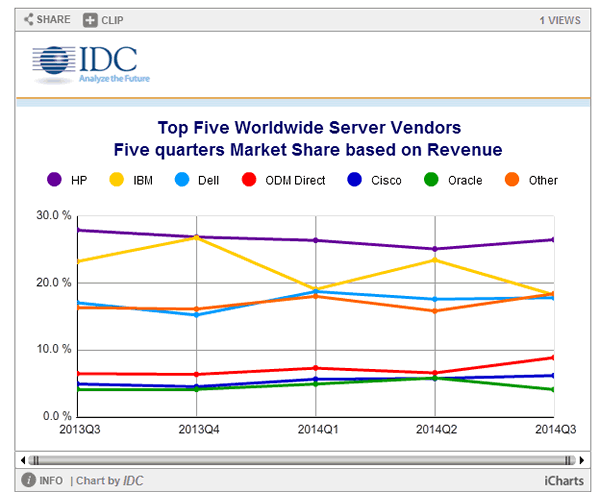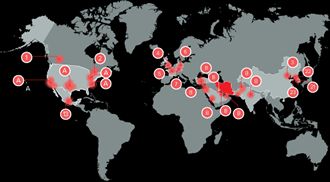 A report commissioned by Verizon suggests that rather than being science fiction, the Internet of Things (IoT) is already here and producing business results.
A report commissioned by Verizon suggests that rather than being science fiction, the Internet of Things (IoT) is already here and producing business results.
Verizon commissioned the Harvard Business Review to conduct a report and that suggested the IoT is already here in the shape of connectivity, cloud computing, and miniaturisation of sensors “making it possible” for over 10 billion devices to be networked.
Nevertheless, HBR’s Analytic Services surveyed 269 business leaders and says the number of deployments is still relatively small.
While estimates say that IoT could add 10s of trillions of dollars to GDP in the next 10 years, HBR says defining it goes way beyond wearable devices, smart meters and connected cars.
The survey, conducted last September on early IoT adopters, concludes those using it were doing so to improve customer services, increase revenues from services and products, better using assets in the field, and picking up additional data for analytics.
Applications include asset tracking, security, fleet management, field force management, energy data management and “condition based monitoring”.
There are challenges to adopting IoT that include pivacy and regulatory compliance. HBR said most legislation and industry regulations predates the use of IoT. Managing the sheer amount of data will also be a problem, and finding people with skill sets capable of using IoT data.
The report said in healthcare, Varian, a manufacturer of medical devices, says the IoT meant a 50 percent reduction to repair connected devices. Pirelli is using the IoT to manage data from sensors embedded in its Cyber Tyre range. And Ford’s Connected Car Dashboards programme collects and analyses data from cars to better understand driving patterns and behicle performance.
 The generation of vast amounts of data continues to fuel the disk storage systems revenue in the third quarter.
The generation of vast amounts of data continues to fuel the disk storage systems revenue in the third quarter.


















